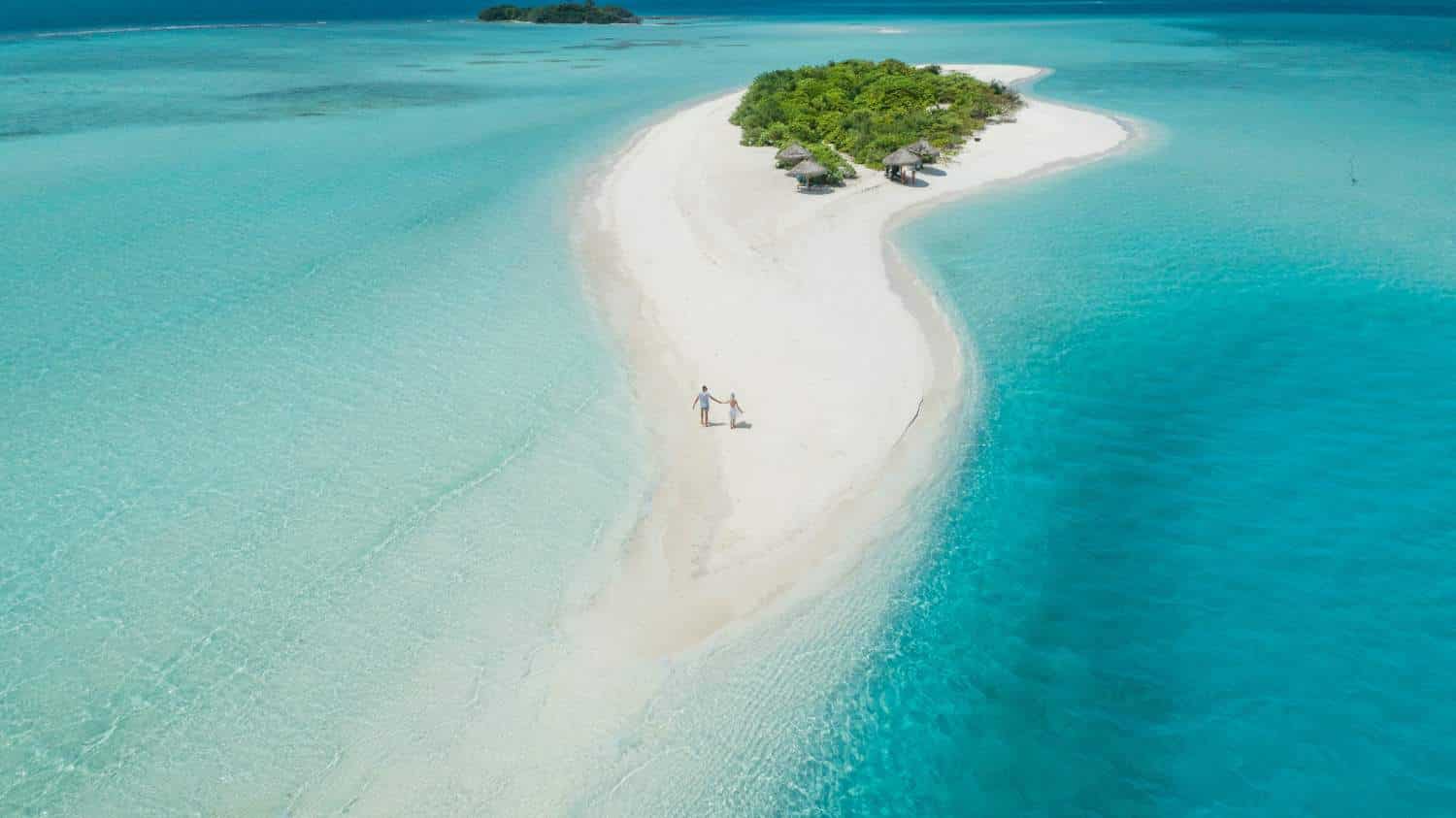Where does your holiday destination rank for healthcare?
After all, the Association of British Insurers (ABI) have revealed that a UK traveller needs emergency medical treatment abroad every 3 minutes! And if you are living with a pre-existing medical condition, choosing a holiday destination with suitable healthcare takes on even more importance.
Using research by the International SOS – the world’s largest medical and travel security service – we can reveal the standards of healthcare in popular tourist destinations the world over.
Read on to help plan your next trip with peace of mind!
Developing Countries
This category is defined as a selected group of large rapidly developing countries, where there is a vast difference between the high-quality medical care available in major cities, and low levels of care generally available throughout the rest of the country.
Due to their size, and the fact they are experiencing a period of change in tourism and their respective infrastructures, Russia, China, Brazil and Indonesia are all listed within this category. Tourists heading to popular areas should be able to locate good healthcare and emergency services. However, those who wander off the beaten track could find themselves with limited to no facilities available.
Low Risk
These destinations are recognised as having an international standard of care throughout. All with tertiary-level, specialist and subspecialist care widely available. Including high-quality emergency and dental services and a wide range of quality prescription drugs available, and with a low risk of infectious diseases.
Western Europe, North America, Canada, Australia and New Zealand all fall into this category. While in some low-risk countries medical attention can be costly, the range of available healthcare options, as well as access to emergency services, make travelling here the safest options.
Medium Risk
These countries have a high or international standard available from selected providers; though other providers offer a lower standard of care. Adequate emergency services and dental care are usually available. However, there’s some risk of water-borne diseases – such as malaria and dengue fever.
South Africa, Thailand, Mexico, Cyrus and Turkey are considered medium risk countries. Also note that evacuation for treatment is only in extreme cases, and although there is widely available care, the standards and service may be below par for the most part.
High Risk
These countries have limited medical capabilities – emergency services and dental care may be basic, access to quality prescription drugs may be limited and, in some cases, counterfeiting and/or improper storage of drugs is an issue. Serious infectious diseases such as typhoid, cholera, dengue fever and malaria may also pose a threat.
Egypt, Sri Lanka, Cambodia and Cuba are high-risk destinations due to the limitations of emergency care should a traveller require attention. While it is possible to find good healthcare in these countries, many facilities may offer basic amenities. In these countries, evacuation or relocation to a better-equipped facility should be prepared for.
Extreme Risk
Categorised as countries where healthcare is almost nonexistent or severely over-taxed, there may be no emergency or dental services and quality prescription drugs are usually not available. There is also a high risk of food or water-borne infections, with serious infectious diseases such as dengue, malaria, typhoid and cholera common.
North Korea, Sudan, Zimbabwe and Afghanistan are present on this list. Though not many people will be thinking about visiting these places, due to their nature, these warnings are in place for those who may be a bit more adventurous and feel like a different destination.
PS. While in Europe we benefit from the EHIC, it’s important to point out that the EHIC only provides you with the same level of free treatment as provided by that country’s health service. Therefore, many treatments that are free through the NHS may require an additional fee or not be covered in the scheme at all.
The EHIC also doesn’t cover emergency transport back to the UK (repatriation) if that is needed. So to holiday with peace of mind, make sure you get specialist medical travel insurance for your trip!

